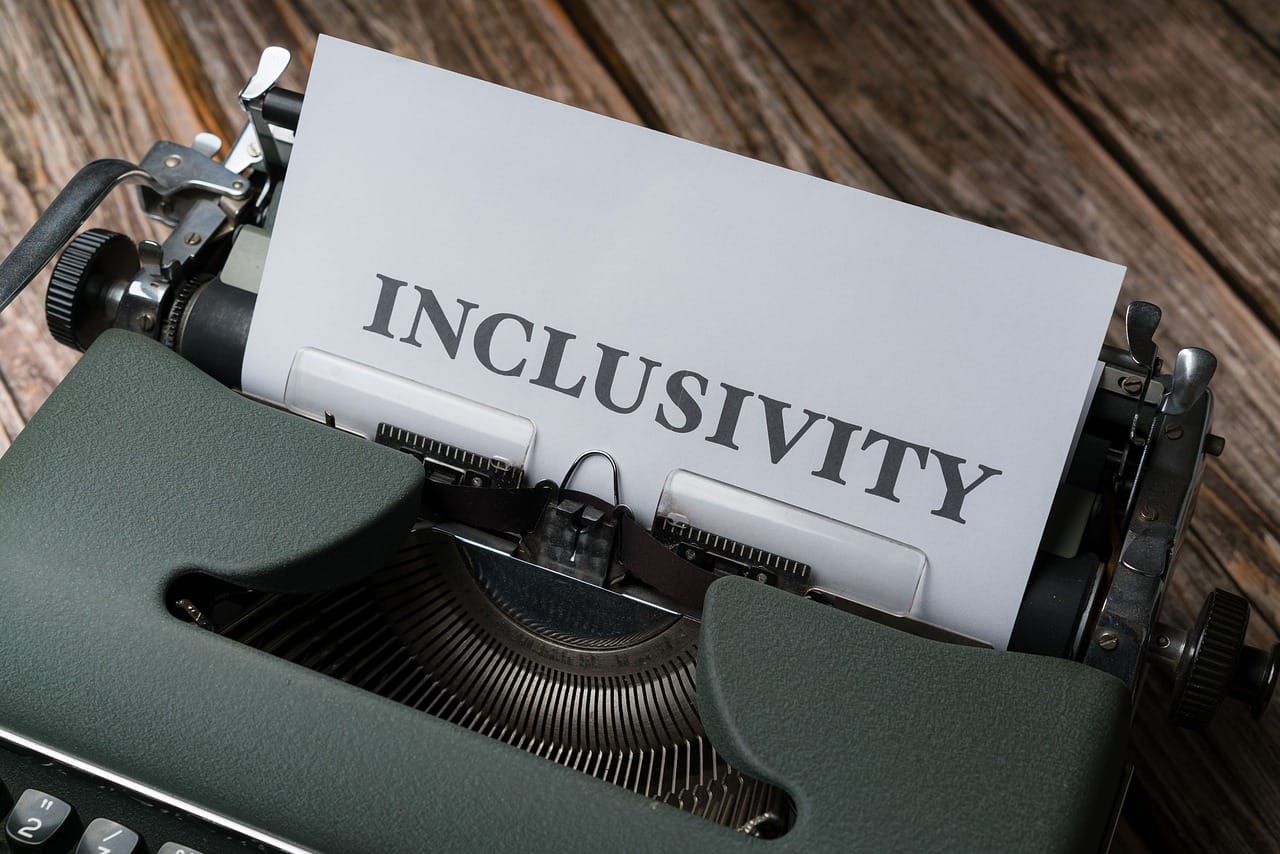
When DEI isn't inclusive - discrimination against the 50 plus workforce
As individuals north of 50 years old, a LinkedIn post from the founder of recruitment service the Cleeve Partnership, Natasha Cleeve really caught our eye.
Natasha highlighted that there is discrimination against the 50+ workforce even as a skills shortage persists.
According to a WHO/UN report ageism is costing the global economy billions of dollars. A 2020 US study estimated excess annual costs of US$63 billion for the eight most expensive health conditions for those aged 60+. An Australian study suggested that if just 5% more people aged 55+ were employed there would be a positive impact of AUD$48 billion to the Australian economy annually.
Age discrimination in the workplace is one of the areas where individuals should have protection by the Equality Act 2010, however a study by Age Without Limits found that 37% of workers aged 51 to 70 felt badly treated in the workplace over the past year. One third of workers aged over 50 believe they have been turned down for a job because of their age whilst 20% of the employers surveyed believed that age discrimination takes place in their organisation.
As Natasha puts it, "the DEI agenda was introduced to right historical discrimination and has created lasting opportunity for generations of people whom without it, would have been excluded from the type of roles and opportunities we now take for granted. [That's] a good thing until it starts to exclude and discriminate - and it is, against older workers."
You can read Natasha's post here 👉🏾 https://www.linkedin.com/posts/natasha-cleeve-a151b34_i-have-a-theory-if-discrimination-against-activity-7162004524063277057-yD-h/
In our former industries of investment banking and asset management there has been a juniorisation of employees in the last couple of years led by various factors including the impact of MiFID2 on investment advisory revenues putting pressure on costs. In some cases 'creating space' for younger employees to grow, and providing opportunities for them has been one reason cited for older employees being made redundant or passed over for promotions.
We agree with Natasha that EDI is an important thing. Having diverse experiences and ideas can be hugely beneficial for both an organisation and its stakeholders including development of both younger and older employees.
However, execution is key. Too often 'diversity' is seen as the 'method' rather than the 'outcome'. Creating an inclusive culture is the method to achieving diverse skills and viewpoints.
Including the experience and wisdom of older workers alongside that of younger ones is a trick that firms could be missing for short term profitability at the expense of long term sustainability.
We have written extensively on this subject before. Here is one example 👉🏾 https://www.thesustainableinvestor.org.uk/perspective-dei-tick-box/
This article featured in What Caught Our Eye, a weekly email featuring stories we found particularly interesting during the week and why. We also give our lateral thought on each one. What Caught our Eye is available to read in full by members.
If you are not a member yet, you can read What Caught Our Eye when it comes out direct in your email inbox plus all of our blogs in full...

Click this link to register 👉🏾 https://www.thesustainableinvestor.org.uk/register/

Please read: important legal stuff.

